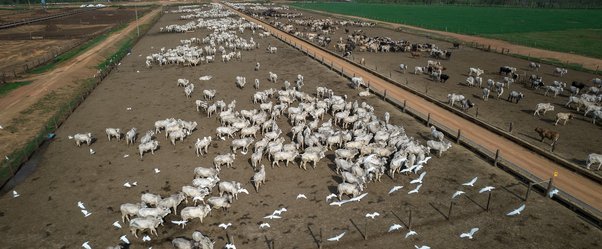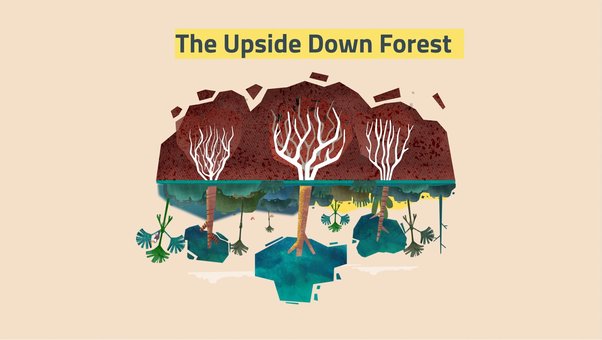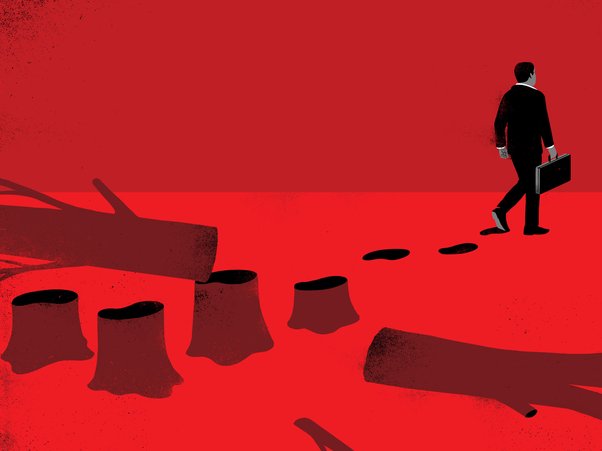How famous financial institutions bankrolling beef traders incentivise a chain of activity that links the destruction of vital rainforest to the food in our shops
In this new illustration, we’ve broken down long, global supply chains to show you how the destruction of the Amazon rainforest and abuses against land rights activists and forest communities are linked to the food on our plates and the banks we use.
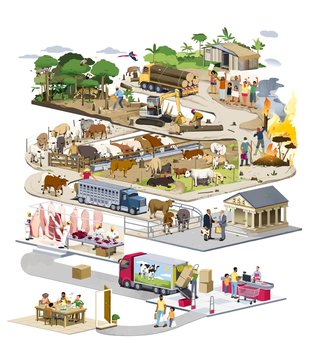
Here we’ve focused on beef production in Brazil, the subject of our December 2020 investigation Beef, Banks and the Brazilian Amazon. Cattle grazing is the leading driver of deforestation emissions in Latin America.
We see a similar dynamic – of global companies sending a clear message to other suppliers that profit can be made from clearing trees – with other products like palm oil and soy.
As we show in the illustration, a whole host of businesses, from cattle ranchers to fast food joints and supermarkets, are complicit in these abuses.
Crucially, it’s those in the middle of the chain – the multinational beef traders and the global banks and investors who fund them – that incentivise those further up the chain to clear land for pasture, connecting consumers and bank customers further down the chain to these harms.
That’s why it’s vital that laws to curb deforestation tackle the players all along the supply chain – including the financial engine room that powers the whole system, international banks and investors.
It starts with biodiverse Amazon rainforest
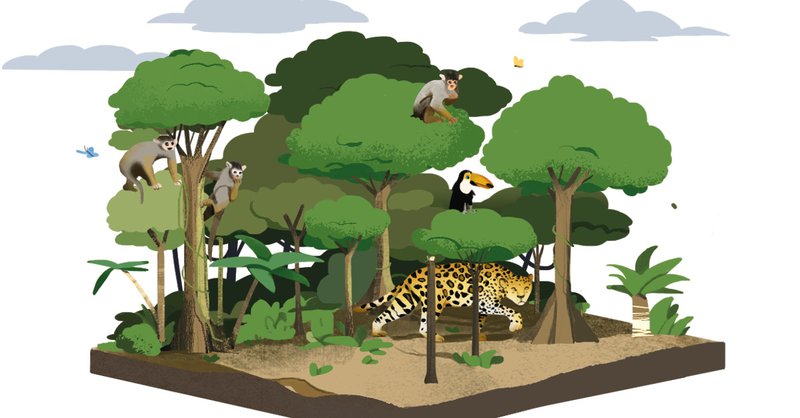
Home to an incredible 390 billion trees, the Amazon is one of the earth’s frontline defences against climate breakdown and home to 34 million forest peoples.
It absorbs vast amounts of emissions from the air, helping to reduce global heating, and it transpires water – creating huge rivers of moisture in the air, forming large clouds that keep temperatures down. The clouds drop rainfall thousands of miles away, used by millions as a source of water.
It hosts unparalleled biodiversity and is home to communities who have managed the forest sustainably for generations.
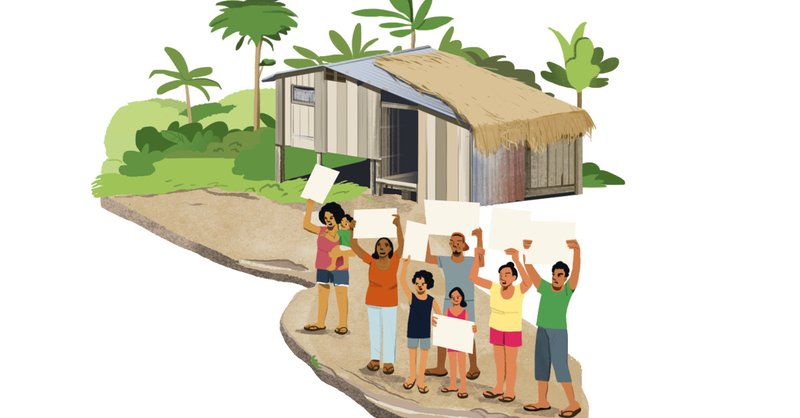
Community voices are ignored or silenced
For over a decade, Brazilian communities, civil society organisations, Indigenous peoples and scientists have been raising the alarm on how the beef sector is enabling people to profit from deforestation.
In some cases, people face threats, violence or criminalisation for speaking out.
Ranch owners cut down the trees to rear cattle
Yet this precious resource is being destroyed at an alarming rate - as people seek to profit from turning it into a man-made monoculture of pasture. It is estimated 70% of cleared lands in the Brazilian Amazon are now populated by cattle, with cows outnumbering people in Brazil.
For decades, Brazil dramatically improved its efforts to crack down on the destruction of the Amazon, leading to an 80% reduction of deforestation.
However, the Bolsonaro government has now cut funding for forest conservation and environmental law enforcement and is rolling back the recognition of indigenous lands, undermining efforts to preserve this vital ecosystem.
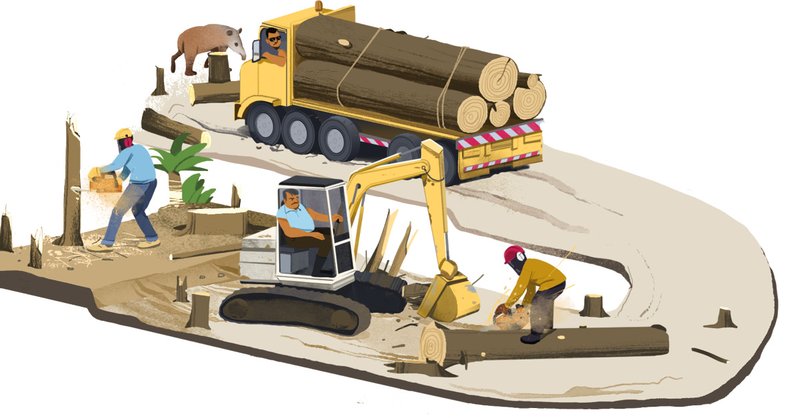
Some of this land is grabbed from indigenous peoples who suffer from threats and violence when they stand up to protect their forests.
And burn the remaining vegetation – often causing wildfires
Fires driven by deforestation have been ravaging the Amazon at record speed, with 30% more deforestation in 2020 than in the same period in 2019.
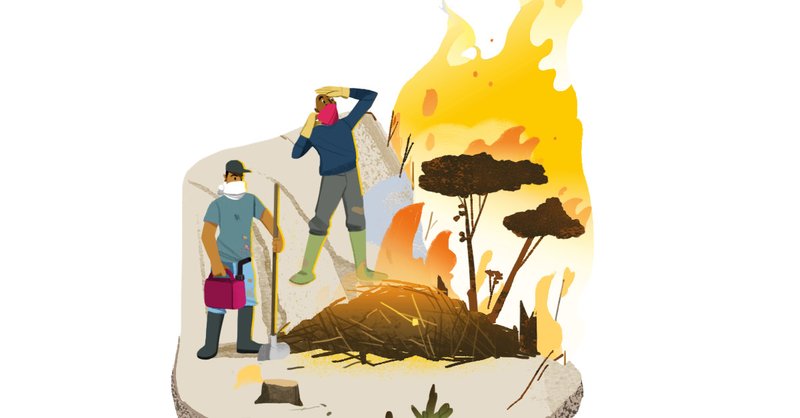
Cattle are moved between different ranches
There are three different types of ranches for breeding, rearing and fattening cattle. Permits should show which cattle have been transported between which ranches.
- Breeding: where cattle can be bred and raised up to 8-10 months
- Rearing: where they can live for up to 16 months
- Fattening: these ranches buy from the cattle breeding and rearing ranches, and supply the players along the next step of the chain, the slaughterhouses.
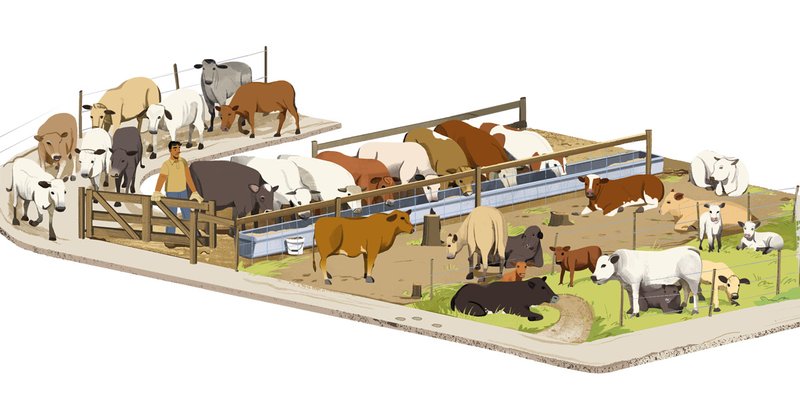
In just one Brazilian state over three years, we found an estimated total of 140,000 football fields’ worth of deforestation resulting from cattle ranches.
Traders – funded by major banks – buy cattle from the ranches
Next are the companies you may never have heard of: the multinational beef traders JBS, Marfrig and Minerva.
They source cattle from thousands of independent ranches, slaughter them – over 18 million cattle in 2017 – and sell the beef on to the supermarkets, fast food companies and importers.
These are multi-billion dollar companies that are rapidly expanding how much beef they source and sell.
Between them, these traders account for some 64% of exports of Brazilian beef, reaching markets in the UK, EU, US and China.
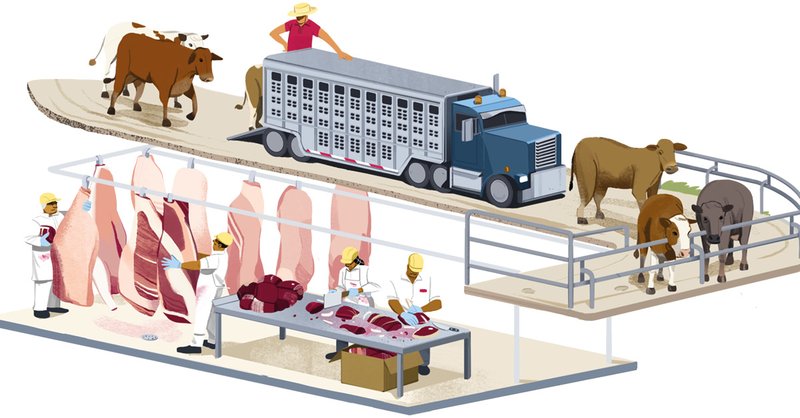
They are no strangers to concerns about how their business is linked to the forest crisis. They all have no-deforestation pledges, and are supposed to monitor whether beef entering the supply chain is linked to forest destruction and human rights abuses.
Yet, in one state, these traders bought cattle from a combined 379 fattening ranches (direct suppliers), which contained 20,000 football fields’ worth of illegal deforestation.
Our investigation showed that they also failed to monitor 4,000 cattle breeding and rearing ranches (indirect suppliers) which the fattening ranches bought from, containing an estimated 140,000 football fields of deforestation.
JBS, Marfrig and Minerva denied all the allegations about the fattening ranches, and claimed they were taking action to monitor their indirect suppliers (see their responses in Beef, Banks and the Brazilian Amazon, pages 10, 20 and 25).
The message this sends to ranches is that there is money to be made by destroying forests in order to use the underlying land for cattle.
(But they couldn’t do it without finance)
And who is bankrolling the traders? Famous financial institutions including Barclays, Morgan Stanley and Santander.
They provide the traders with loans and other forms of financial backing, offering commercially-attractive rates.
This not only gives traders the cash they need to continue their operations, but it also tells the market that banks approve of the traders’ business activities, reinforcing their standing and reputation.
In response to our investigation, the banks claimed they analysed these risks carefully, had no-deforestation policies in place and were committed to zero deforestation.
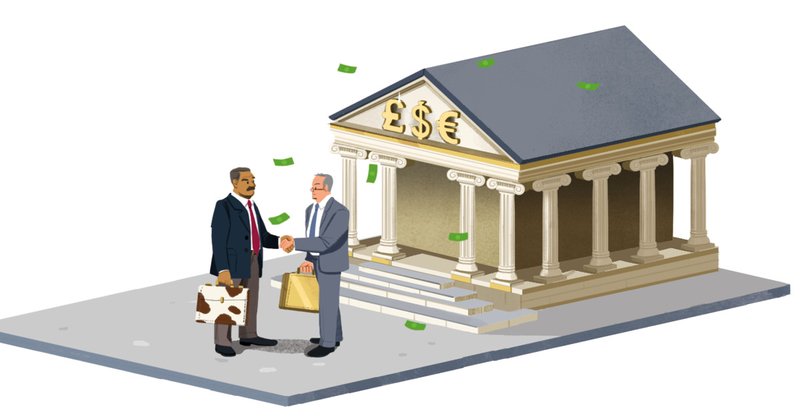
Supermarkets, importers and fast-food joints buy from the traders
Famous supermarkets and brands, such as Burger King, Sainsbury’s, Subway, McDonalds, Walmart, Carrefour and Nestle are all reported to be recent customers of the beef traders.
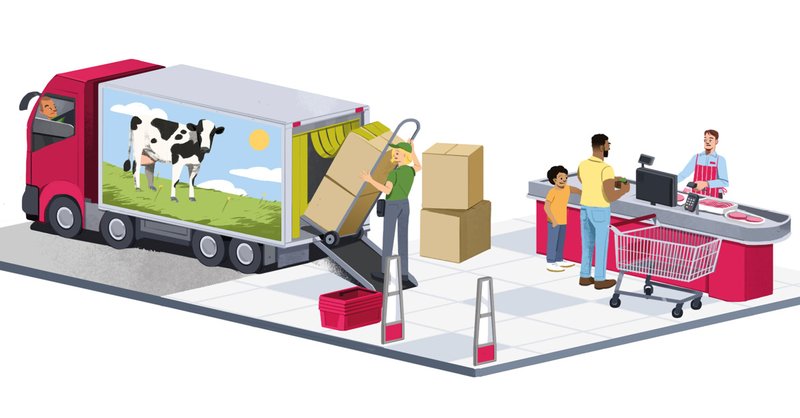
These companies should be in crisis mode, given their links to egregious environmental harms and abuses happening further up the chain. Yet they are failing to take decisive action.
New laws are needed that require them to ensure that they are not importing or using products linked to deforestation.
Already efforts are underway in the EU and UK to enact such laws.
Consumers unwittingly buy beef linked to deforestation
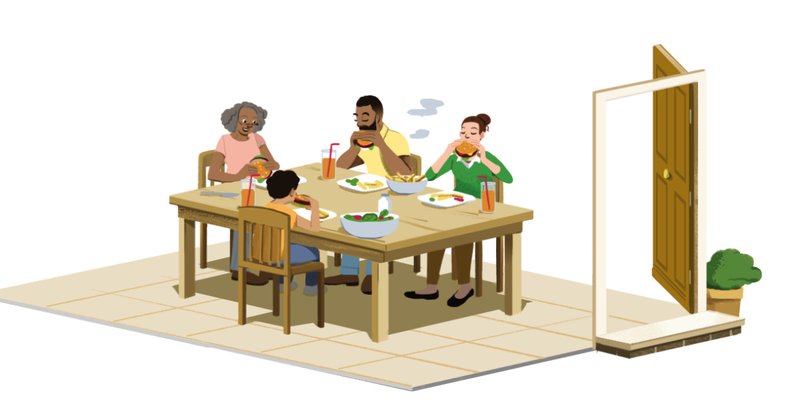
Even if you don’t buy beef, you may be linked to human rights abuses and deforestation via the banks who are financing the traders.
Unknown to you, your pension fund or your bank could be giving loans or holding investments in these companies.
However, governments have an opportunity to change all this. Lawmakers in the UK, EU, and potentially even the US are proposing new laws to end their complicity in global deforestation.
However so far, these discussions are focused mostly on prohibiting products linked to deforestation from being imported or used.
This means the money pipeline could continue – so banks and investors might still profit off the very products that a new law would ban.
If governments are serious about the climate crisis they must tackle the role of finance in global forest destruction.
They must ensure that no business – including banks – can profit off forest destruction and the human rights abuses behind it.
